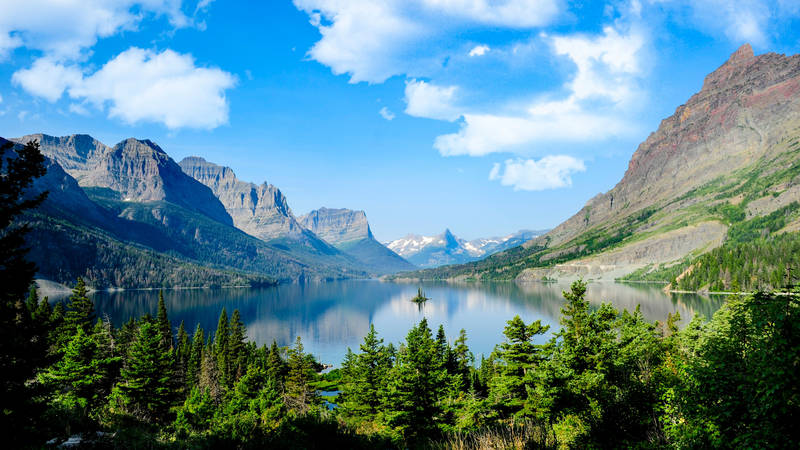Now this treasured landscape will be properly protected for future generations to safely experience and enjoy.
Little Rock, AR – Today, Arkansas Governor Asa Hutchinson announced that a deal had been reached to remove C&H Hog Farms, Inc., an industrial swine facility from the Buffalo National River’s watershed. Governor Hutchinson also declared a permanent moratorium on large confined animal feeding operations in the river’s watershed.
In November 2018, after a lengthy review, the Arkansas Department of Environmental Quality (ADEQ) issued its final decision to deny an operating permit to C&H Hog Farms and directed the facility to cease operations within 30 days and submit a closure plan within 60 days of the final day of operation. ADEQ argued that C&H did not meet the specific requirements for the needed permit and should not be allowed to continue operations that threaten the national park’s resources, local economies and park visitors. And with today’s announcement, the Buffalo National River and its watershed will be permanently protected from C&H’s industrial practices.
Statement by Emily Jones, Campaign Director for National Parks Conservation Association:
“For more than six years, NPCA and its allies have been fighting to protect the waters of the Buffalo National River, America’s first national river, from untreated hog waste produced by C&H Hog Farms within the river’s watershed. Our members and supporters, partner organizations and thousands of Arkansans and national park advocates from across the country have submitted comments calling on the Arkansas Department of Environmental Quality and Governor Asa Hutchinson to do the right thing and prohibit C&H industrial hog farm from operating in the national river’s watershed. And with today’s announcement of the closure of C&H and a permanent moratorium on large confined animal feeding operations in the watershed, we celebrate this victory. Now this treasured landscape will be properly protected for future generations to safely experience and enjoy.
“More than a million people visit Buffalo National River each year to enjoy its spectacular setting, fish and swim in its waters, visit its historic sites and hike the park’s 100 miles of trails. We are thrilled with the state’s decision to put federally protected waters and local economies above private industry and not allow C&H to continue operations that threaten the national park’s resources, local economies and park visitors.”
Background: The Buffalo River is located in Northern Arkansas and was designated as America’s first national river in 1972. The River’s 135 miles of breathtaking landscape attracts nearly 1.5 million visitors annually who spend more than $60 million in nearby communities. Like many rivers, the Buffalo River’s water quality is affected by its tributaries, which lie outside of the park’s boundaries. In 2012, the Arkansas Department of Environmental Quality (ADEQ) granted a permit to C&H Hog Farms, Inc., to operate on the banks of Big Creek, a major tributary of Buffalo National River. The company housed over 6,500 hogs, two storage ponds for hog manure and multiple fields where millions of gallons of manure are spread as fertilizer. National Parks Conservation Association (NPCA) and Ozark Society, Buffalo River Watershed Alliance, and the Arkansas Canoe Club have been working diligently for years to protect the Buffalo National River and its watershed from C&H’s industrial practices. Learn more: https://www.npca.org/advocacy/19-protect-buffalo-national-river.
###
About National Parks Conservation Association: For 100 years, the nonpartisan National Parks Conservation Association has been the leading voice in safeguarding our national parks. NPCA and its more than 1.3 million members and supporters work together to protect and preserve our nation’s most iconic and inspirational places for future generations. For more information, visit www.npca.org/100
For Media Inquiries
-
General
-
- Park:
- Buffalo National River
-
- NPCA Region:
- Southeast
-
-
Issues


